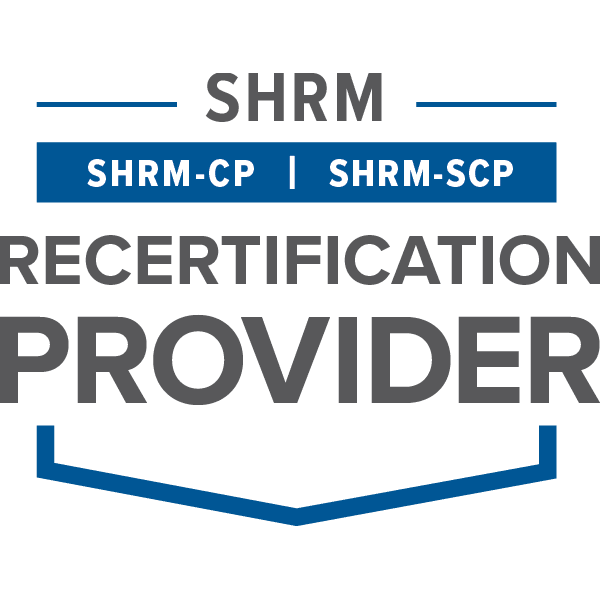Are you a control group? What this classification means
Leave a Comment / Blog / By Arthur
No one expects compliance to be without its hiccups, but the Affordable Care Act (ACA) tends to be sneakily difficult. Take, for example, the following idea:
“Under the Affordable Care Act, applicable large employers are required to offer affordable health insurance to their employees. An applicable large employer is a business with over 50 ACA full-time employees.”
Sounds simple, right? But as with most pieces of the ACA, this applicable large employer (ALE) definition has its own hidden depths. While much uncertainty remains around the future of health care, any changes to the ACA will take some time to enact. The ACA is still the law of the land and employers need to understand if they qualify as an ALE, control group, or something else entirely in order to properly track and report on employees.
Defining a control group
If you’re running a business with 200 employees, all full-time, all year round, it’s pretty obvious that you fall under the umbrella of an ALE. It’s clearly your responsibility to move forward with the ACA reporting process.
But imagine that you split that one business into five, each with just 40 full-time employees. Suddenly, that ALE umbrella gets a little more complicated.
A control group is a classification of employer that includes this kind of multi-location business. Franchises, for example, could fall into this category, but they aren’t the only business setup that qualifies. Depending on the percentage of each business you own, and how the businesses are associated with one another, your companies may also be considered a control group.
There’s no hard-and-fast rule to determine if your businesses fall under the control group umbrella. If you own all of your associated businesses outright, you’re probably considered an ALE, and should proceed as such. However, the only way to know for sure is to consult an attorney or CPA familiar with the concept.
Special needs of control groups
One thing is for certain: If you are a control group, and you’re expected to provide health care across all of your businesses, doing so becomes a lot more complicated. You’ll have different, more complex tracking needs. If employees work multiple locations, you’ll need to track their hours at each location, and total them to figure out if they qualify as ACA full-time and which business the employees should get their 1095-C from, as determined by where they worked the most hours.
Despite the complexity of figuring out which employees are full-time and your status as an ALE, it does fall on the shoulders of the employer—not the government—to calculate these categories in time for reporting season. Unfortunately, even an accidental slip up could lead to fines.
Luckily, there are intelligent solutions that can help simplify this complicated matter by tracking hours across locations, consolidating data, and assisting in compliance. If you think you might be a control group, consult an attorney to confirm, then find a solution that works for you. Don’t let confusion cost you later down the line!
Have Questions or Need More Information?
We will get back to you as soon as possible.
Please try again later.


Receive Our Newsletter
We will get back to you as soon as possible.
Please try again later.
Resources
SyncStream Solutions, LLC is recognized by SHRM to offer Professional Development Credits (PDCs) for SHRM-CP® or SHRM-SCP® recertification activities.

Copyright © 2024 SyncStream Solutions, LLC. All Rights Reserved





